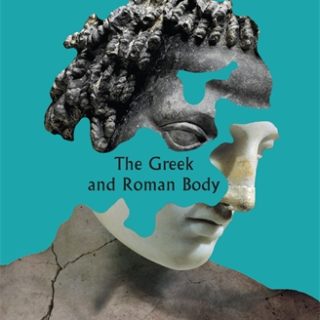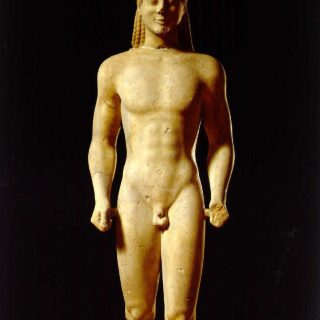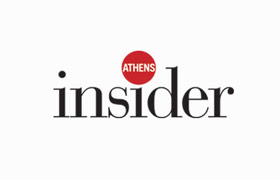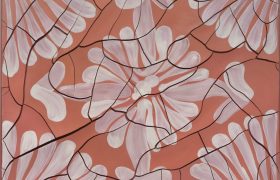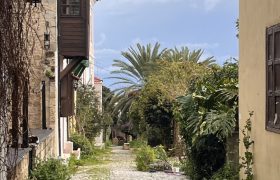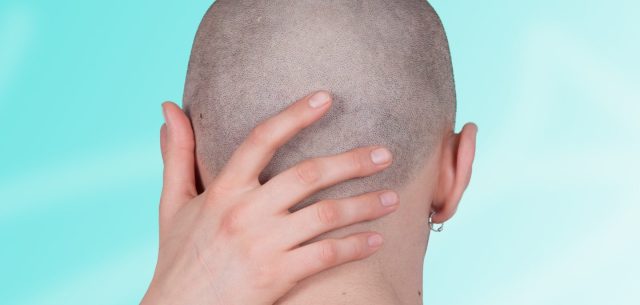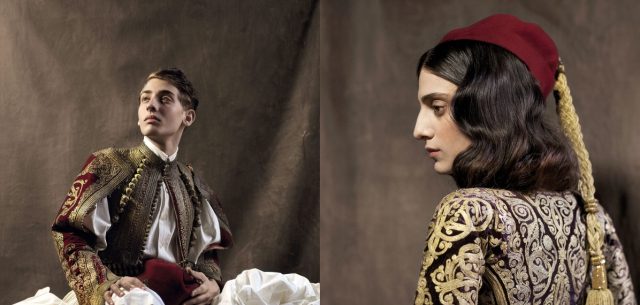Exposing the Body Beautiful
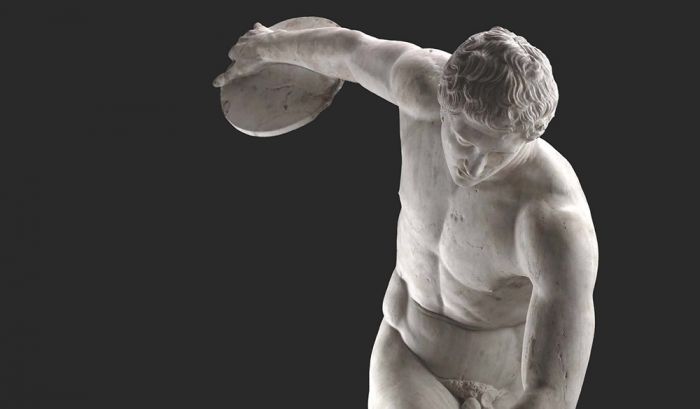
In a society that celebrates beauty and perfection, Athens Insider recommends one of the books long-listed for the Runciman 2023 prize – Exposed by Caroline Vout. With chapters enticingly titled Bodybuilding and Sex and Society, classicist Caroline Vout topples our lofty notions of timeless beauty. She reaches beyond chiselled models of marble perfection to expose Greek and Roman bodies for what they truly were: anxious, ailing, imperfect, fragile, and responsible for a legacy as lasting as their statues.
The Greek and Roman body is often seen as flawless – cast from life in buff bronze and white marble, to sit upon a pedestal. But this, of course, is a lie. Exposed by Caroline Vout takes a different approach to studying the bodies depicted in classical literature and art by focusing on the fallible and physical aspects of the human body. Classicist Caroline Vout reaches beyond texts and galleries to expose Greek and Roman bodies for what they truly were: anxious, ailing, imperfect, diverse, and responsible for a legacy as lasting as their statues. Taking us on a gruesome, thrilling journey, she taps into the questions that those in the Greek and Roman worlds asked about their bodies – where do we come from? What makes us different from gods and animals? What happens to our bodies, and the forces that govern them, when we die? Vout also reveals the surprising actions people often took to transform their bodies – from sophisticated surgery and contraception to body oils, cosmetics and early gym memberships.
In Vout’s account, many of the bodies represented in classical literature and art were disabled, enslaved, abused, or exploited. She deploys examples from classical literature to convincingly demonstrate the importance of considering these bodies in our understanding of classical works. Alongside heroic exploits, Athenian household ceramics also depicted various bodily functions, ailments, mutilation, rape – and other less glorious and oft-overlooked aspects of the body. Vout argues that, beyond their much-touted pristine perfection, the bodies in classical literature and art also experienced emotions such as lust, jealousy, and pain. In Exposed, Vout asserts that while beauty is a common theme in classical works, it is only part of the story, and that other aspects of the body, such as its vulnerability and physicality, though bypassed by classicists, are equally important to the story of Athens.
Vout also explores the concept of the “body politic” and how the body of the ruler became increasingly important as Rome transitioned into an autocracy. In a glowing review in the Guardian, Charlotte Higgins cites the example of the Prima Porta statue of the emperor Augustus, which depicted his military power through the inscriptions on his breastplate – and draws a parallel with modern-day demagogues.
An interesting read that topples the notion of pristine beauty in one fell sweep.
Exposed: The Greek and Roman Body by Caroline Vout is published by Profile (£25). Available on amazon.com

